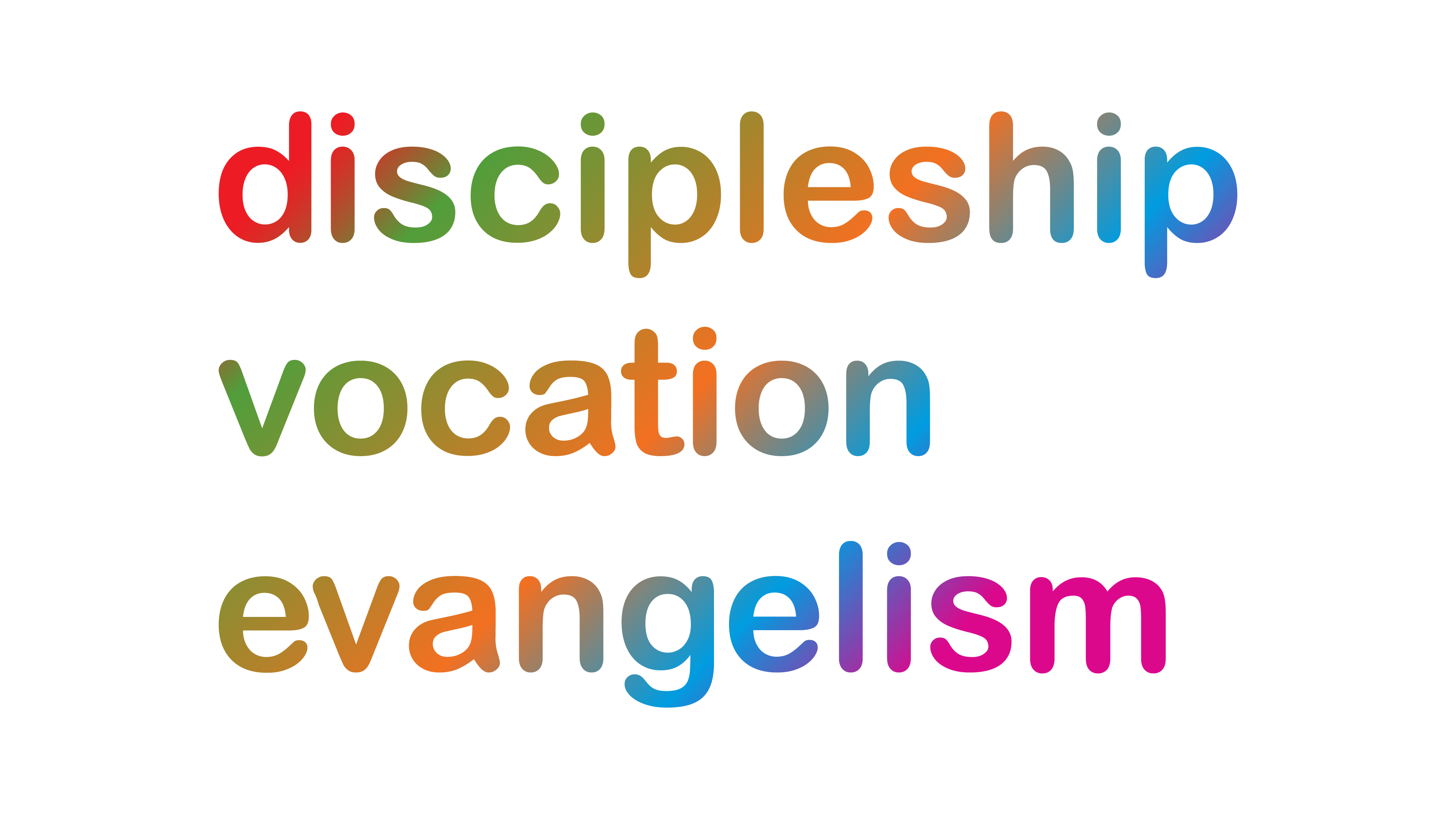
At a service in Lichfield Cathedral last night, the Bishop of Lichfield, The Rt Revd Jonathan Gledhill licensed the Revd Preb Amanda Rylands to the voluntary, part-time position to give support and a voice to other self-supporting clergy.Self-Supporting Ministers are a wonderful and generous group of people and a great gift to the Church of England said Bishop Jonathan. They receive the same quality of training as stipendiary clergy and freely give their time to parishes. There is nothing inferior about their ministry.Mandy became a deaconess in 1985, working in Chester diocese in the time before the ordination of women as priests, and moved to the south-west in 1997 where she served as a parish priest, an advocate for ministry among children, Bishops Adviser for Women in Ministry and Diocesan Director of Ordinands (trainee vicars) before giving up her salary and moving to Shropshire when her husband Mark was appointed Bishop of Shrewsbury.Self-Supporting ministers often go under a variety of acronyms: OLM (Ordained Local Ministers often from the parish where they serve and not expected to transfer elsewhere), NSM (Non-Stipendiary Ministers may be full or part-time but receive neither salary nor housing). House-for-duty priests are not strictly non-stipendiary as they often receive housing in return for looking after one or more parishes on a full or part-time basis. Self-Supporting Ministers may be retired from other careers, earn a living from another job or may be supported by a spouse.Im looking forward to hearing their stories; it will take time as this role is itself part time. I hope to be an advocate, and model how a person can have a fulfilling and effective ministry while being neither full-time nor paid!" said Mandy.As well as being supportive and encouraging to ministers, helping parishes understand the part played by Self Supporting Ministers in the church today is one of Mandys goals:Its a fascinating role, but sometimes structures or misunderstandings about the role prevent these ministers from flourishing. Part of my role is to explain what they can expect from these clergy and how they can work alongside Lay Readers and congregations to meet the parishes needs.Bishop Jonathan is also a supporter of different types of minister. He said: As the church adapts to changes in society and the way people engage with the Christian faith, we need to be continually ensuring that we are flexible in the opportunities we can offer for people to use their God-given gifts for the benefit of the local and wider church. Self-Supporting Ministers are like the territorial army of the church well trained, committed and in for the long-haul. That they often also have other roles in society means that, alongside their priestly calling, they may maintain the secular experience that is vital in relating to many people today.Mandy concludes: I want to help the diocese by continually raising the profile of these ministers. I shall be asking whether there is a self-supporting minister who might be the best person for a particular job. We already have SSMs in significant roles as vocation advisers, a Rural Dean and focal ministers for a particular parish within a team. We are on the way to ensuring that people are well trained and continue to be equipped; I am already helping training incumbents to prepare for having SSM curates and will be looking for further ways to encourage and support this ministry.